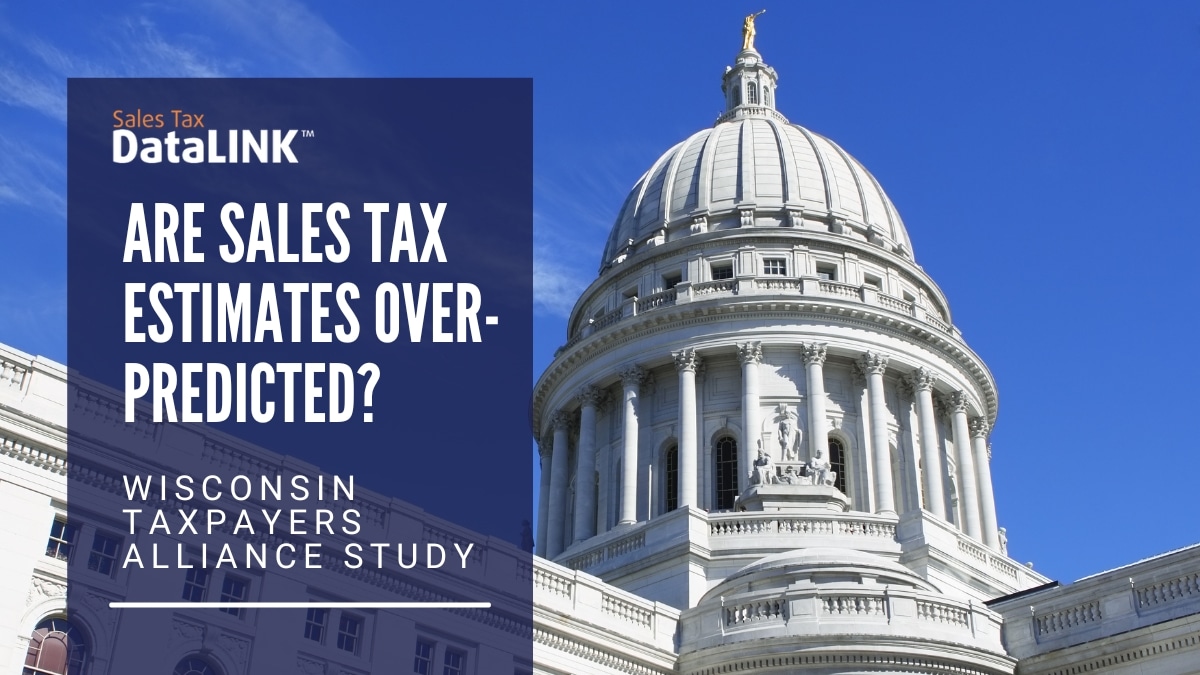Are Sales Tax Estimates Over-predicted?
Wisconsin Taxpayers Alliance has released a new sales tax study that puts some internet sales tax arguments on their heads, stating that the estimated $140 million proponents of internet sales tax say it will bring into state coffers is actually as low as $25 million and is mostly from small online businesses. There are still other businesses with unknown nexus that might not be subject to a Wisconsin internet sales tax that wouldn’t contribute to state revenue.
To dig into the issue, we need to look at this study from a few angles. First, The Wisconsin Taxpayers Alliance is a privately held independent research group that focuses on helping legislators and voters make more informed decisions when it comes to government and taxation.
Although they spend their time researching and advocating for certain things, the Taxpayer’s Alliance does not describe itself as a lobby group — other advocate groups in Wisconsin beg to differ. As with all politically biased studies, be sure to read through the study thoroughly and analyze the data for yourself. What does this mean for sales tax legislation? It could well be true that the amount predicted for revenue growth through internet sales tax might not be accurate—predictions are often based on the total online sales, but businesses with sales under $1,000,000 might not have to collect sales tax.
Now that Amazon — which sells 15% of all revenue on the internet, according to the report — collects sales tax in most states, the numbers might be much smaller than anticipated. A national sales tax law that made every purchase made in the United States subject to sales tax in relevant states might have different effects than previously thought but there is still one effect that some think makes the legislation worth it—a level playing field for businesses. Brick-and-mortar stores wouldn’t be subject to a customer tax that online sellers can escape and supporters conclude that’s worth more than increasing sales tax revenues. On the other hand, some versions of internet sales tax laws put serious burdens on e-commerce companies — including brick-and-click stores — that main street shops wouldn’t have, so the fairness question cuts both ways. Small remote sellers feel that the Marketplace Fairness lobbyists are supporting big box stores. What do you think?




